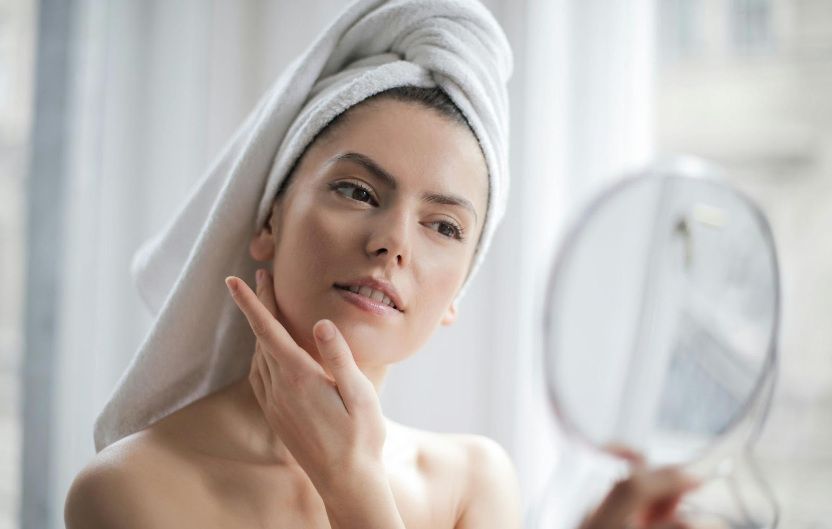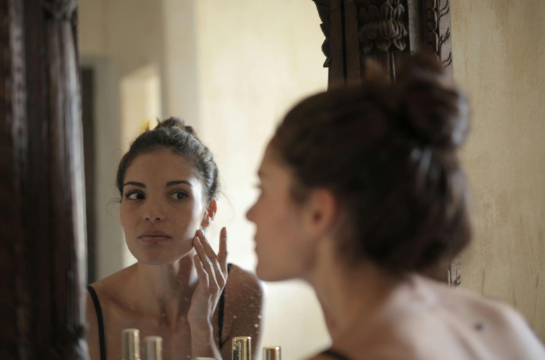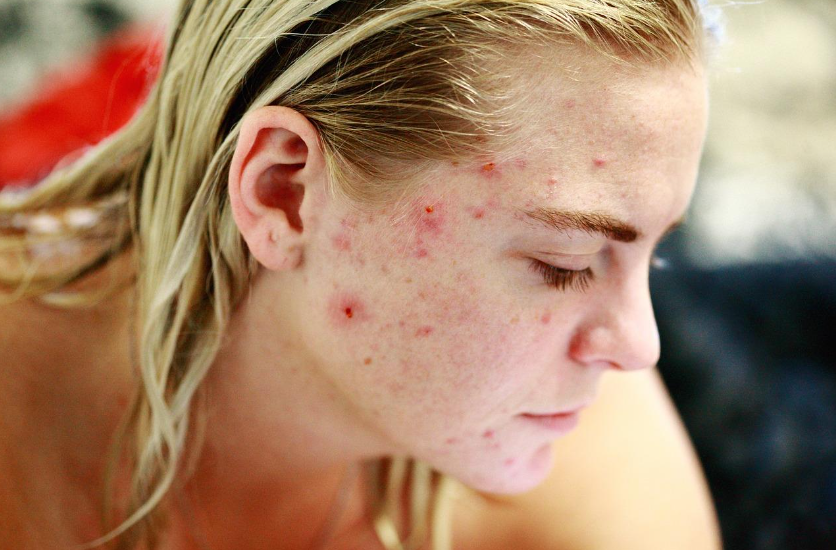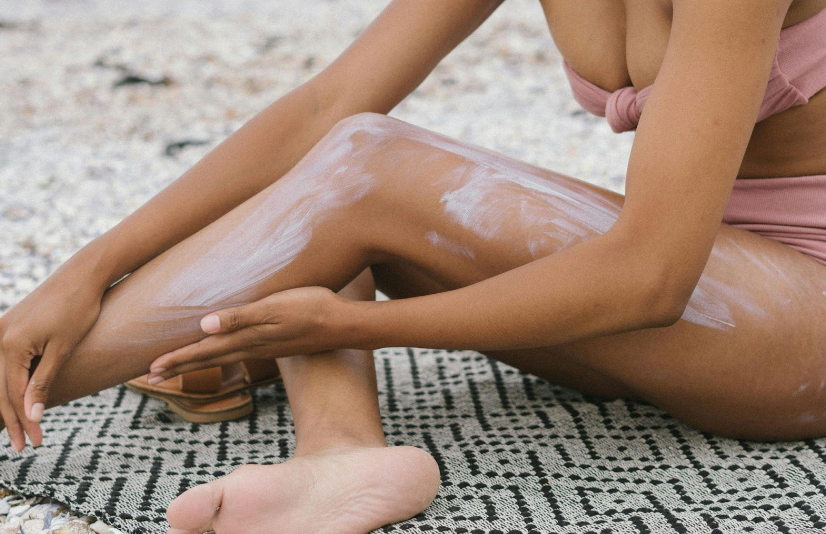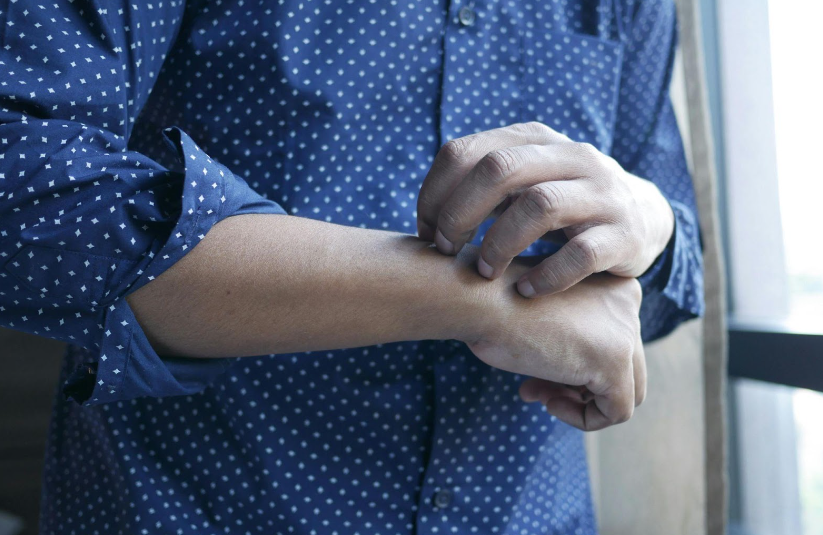Treating Acne Vulgaris and the Scars Left Behind
Treating Acne Vulgaris and the Scars Left Behind
Close to 80 percent of people in the US get acne at some point in their life, and it is probably one of the most prevalent skin conditions in the world. Even if you haven't had acne yourself, you surely know someone who has.
But what causes acne, also known as Acne Vulgaris? What are the different types of breakouts you may experience, and how do you manage it to prevent scarring? We'll cover this and more in this article.
Along with a physical effect, acne tends to have a psychological and emotional impact on people. If you are suffering from acne, we have good news for you. Most forms of acne can be managed, treated, and cured with the proper medication and diet.
What is Acne?
Acne occurs when hair follicles on the surface of your skin get blocked by bacteria, dead skin cells, or oil (called sebum). Blocked hair follicles breakout into blemishes in the form of blackheads, whiteheads, pimples, and cysts. These blemishes are called acne.
A common cause of excessive sebum secretion in the body and the breakout of acne is hormones. Hormones are at their peak during puberty, which is why about 85 percent of teenagers are affected by acne.
Although acne is most common in teenagers, it can affect people of any age. The Journal of the American Academy of Dermatology estimates that acne affects about 40 to 50 million individuals in the United States. For some, it is mild and only lasts a few years but for the others, it could persist well into adulthood.
Acne breakouts differ from person to person and generally happen on the face, chest, shoulder, and back. The severity of the breakouts varies from mild blemishes to painful and large cysts.
Getting acne is common and nothing to worry about as long as you take care of your skin, which will help you avoid getting permanent scars. In this article, we will go over skincare routines for acne-prone skin and other information that will help you understand why you get acne and what you can do about it.
Signs That you Have Acne
It is essential that you know what constitutes acne, as other skin conditions like Milia, Periorificial Dermatitis, and certain poxviruses cause blemishes that look like acne. Your dermatologist knows these differences best and will diagnose your skin condition and treat it accordingly. The causes and treatment plans vary for all these diseases.
It's always best to consult a dermatologist if you have persistent skin blemishes. For an initial assessment at home, you can look for the following symptoms that indicate you have acne:
● Acne occurs on the face, chest, upper back, and shoulders.
● Blackheads, whiteheads, and pimples (papules, pustules, nodules, and cysts) are the different types of blemishes you may see.
● Acne is divided into mild, moderate, and severe depending on the volume of skin blemishes. You have mild acne if you have 15 to 20 whiteheads, blackheads, or pimples. Anything between 20 and 100 blemishes is considered moderate acne. People with more than a hundred whiteheads, blackheads, pimples, or many nodules or cysts are said to have severe acne.
The treatment strategies depend on the type of acne you have and the severity.
What Causes Acne?
Acne is caused because of blocked hair follicles. Hair follicles on the surface of your skin get clogged by bacteria, dead skin cells, or sebaceous oil, resulting in acne.
The most common cause of acne is oil (sebum), which is produced in excess during puberty because of the increase in a hormone called androgen. When a person goes through puberty, this spike in androgen causes the sebaceous glands to produce more sebum (an oily substance). This oil tends to rise through the hair follicles and escape from the pores on the skin. In some cases, sebum clogs the pores, resulting in acne.
Similarly, bacteria and dead skin cells also cause acne. The body tends to flush out bacteria and dead skin cells through the pores on the skin. In some cases, the bacteria and dead skin cells clog the pores (or sometimes the pores on your skin are already blocked by sebum, thus keeping the bacteria and dead skin cells trapped in), resulting in acne.
Some other causes of acne can be rooted in endocrine issues like PCOD (Polycystic Ovarian Disorder), thyroid, and Cushing Syndrome. Changes in hormones during pregnancy, reactions to some medications, certain lotions, cleansers, or cosmetics, reactions to certain clothing materials, and high levels of humidity that increases sweat and oil on the skin are also causes for acne in some individuals.
Although this is a rarity, the use of occlusive wear like bras with underwires, backpacks, headbands, and shoulder pads can cause acne due to the friction and the pressure exerted against the pores.
Because of such a wide range of causes, acne is not specific to teenagers undergoing puberty (although this is the largest demographic of people who get acne). People can have acne that continues into adulthood or even begin getting acne in adulthood. In any case, acne can mostly be treated, controlled, and cured.
Diagnosing Acne Vulgaris
In most cases, you will be able to identify if you have acne yourself. However, like we previously mentioned, other skin conditions can also mimic acne. Therefore, it's always best to visit a dermatologist to get a thorough diagnosis.
You will get most topical and systemic acne medications over the counter, but it's always best to first consult a dermatologist. Medication should always be taken under the supervision of a licensed medical practitioner.
A dermatologist will check the blemishes on your skin and other factors like the level of oiliness of your skin and then prescribe the proper medication and doses for your specific needs.
Treating Acne
Acne can be treated through topical and systemic medication (taken orally). Your doctor or dermatologist will prescribe one or the other (or a combination of both) depending on the type and severity of your acne. Most topical medication for acne is available over the counter in the form of gels, creams, and washes.
The purpose of medication is to reduce sebum production, inflammation, bacterial counts, and comedone (acne lesion) formation. Acne medication is often prescribed in cycles, where you apply the topical cream/gel or consume the systemic drug for weeks or months and then stop for a prolonged period before resuming medication again. Your dermatologist will prescribe one or a combination of the following based an assessment of your skin condition.
Topical Medication
Topical medical includes creams, gels, and washes applied directly to the skin, over the affected area. These medications may contain benzoyl peroxide, retinoids, antibiotics, salicylic acid, or antimicrobials.
Topical medications alleviate acne by reducing inflammation and unclogging pores and preventing further clogging of pores. People with mild acne are often prescribed topical medication.
Systemic Drugs
Systemic agents are taken orally and are prescribed to treat moderate to severe acne. Dermatologists and doctors prescribe oral antibiotics (often with a combination of topical medication) to treat moderate acne. In the case of severe acne or for patients who do not respond to other medication, isotretinoin is prescribed.
Treatment for Scars
A dermatologist will suggest peeling agents like salicylic acid, glycolic acid, sulfur, and resorcinol for people who have scarring because of acne. These agents peel off thin layers of your skin's top layer, which lightens or eliminates the scars left behind by acne.
Personal Hygiene
Regardless of what treatment you are undergoing, you should clean the affected areas at least twice a day. You can use antibacterial soaps or scrubs, but commercial products claiming to cure acne may not be the best idea. Keeping the area clean by washing with water also helps, as the pores get unclogged.
Why Treating Acne and Scars is Important
Acne, in all forms, does not just have a physical effect but also an emotional impact on people. People who are conscious that they have acne tend to withdraw into themselves and avoid going out in public. Scars left behind by acne have a similar psychological effect. Acne and scars can be emotional stressors for a lot of people.
Although acne isn't dangerous and is severe and painful in only a few cases, it should be treated on time, and carefully. At Pine Belt, we educate patients about the time it takes to completely get rid of acne and the importance of adhering to the treatment program consistently. It is imperative that patients have realistic expectations from the medication being prescribed.
In some cases, it may be beneficial to provide supportive counseling and drugs to help the patient cope with acne's emotional and psychological effects.
If you have acne, do not stress about it. Almost everyone gets acne, and it is easily treatable.
Summing It Up
If you would like more information or a medical opinion on your acne or any other dermatological issue, head over to Pine Belt Dermatology. We have clinics in Petal, Hattiesburg, Ellisville, and Biloxi, and we also conduct online consultations. Contact us today for more information and expert help.
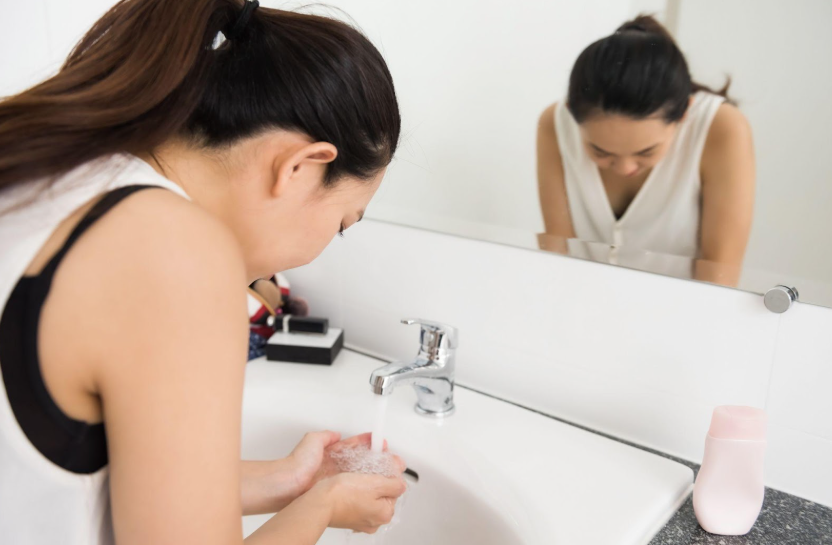
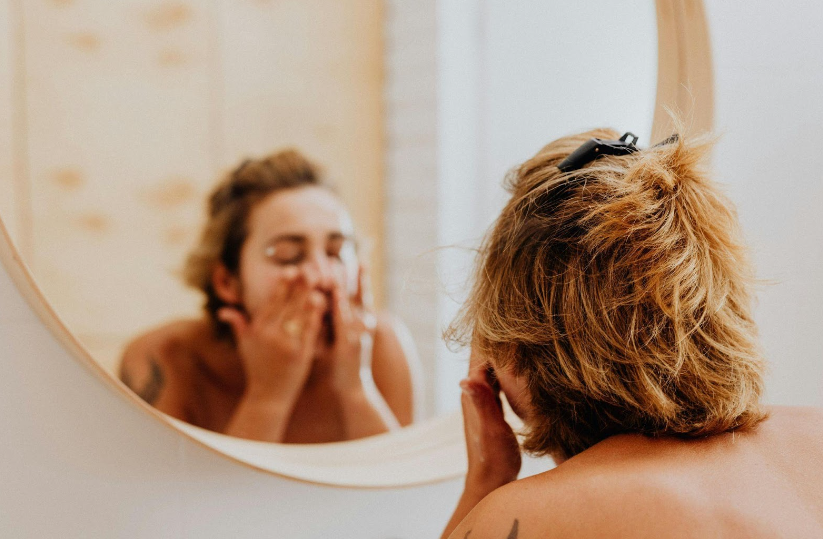

Petal Office
Phone:
Fax:
601-336-7826
Address:
Hours of Operation:
Mon-Fri: 8:00am to 4:30pm
Hattiesburg Office
Phone:
Fax:
601-475-9969
Address:
Hours of Operation:
Mon-Fri: 8:00am to 4:30pm
Ellisville Office
Biloxi Office
Phone:
Fax:
228-232-0874
Address:
1009 Tommy Munro Drive, Suite A
Hours of Operation:
Mon-Fri: 8:00am to 4:30pm
Ocean Springs Office
All Rights Reserved | Pine Belt Dermatology


